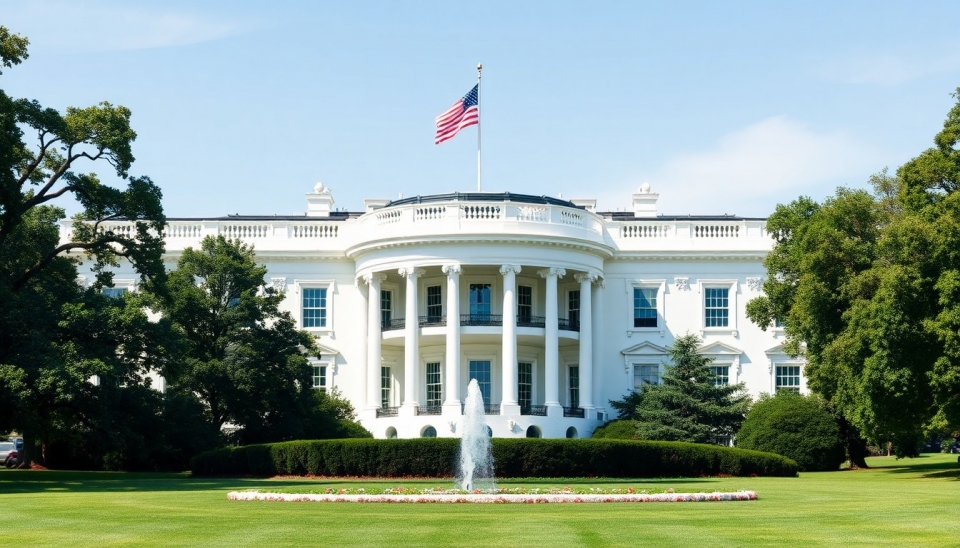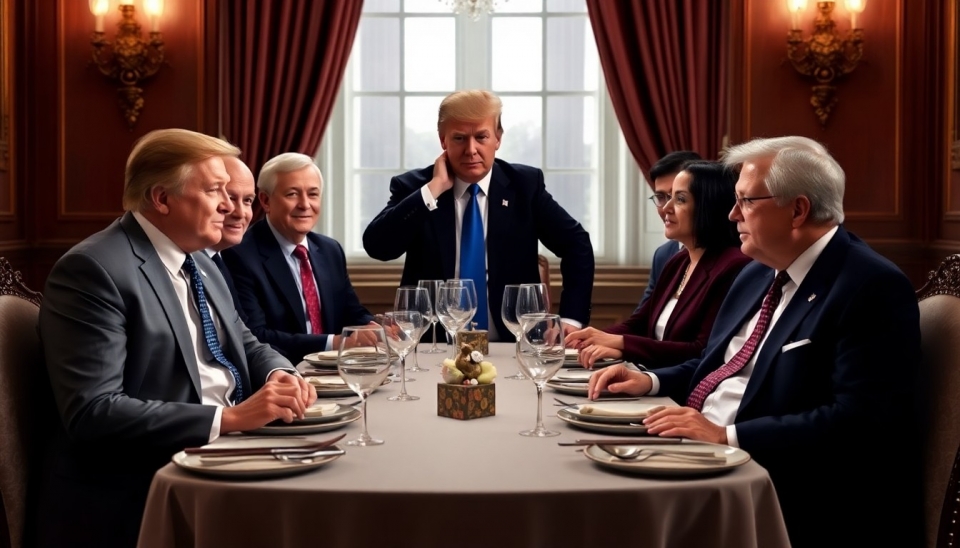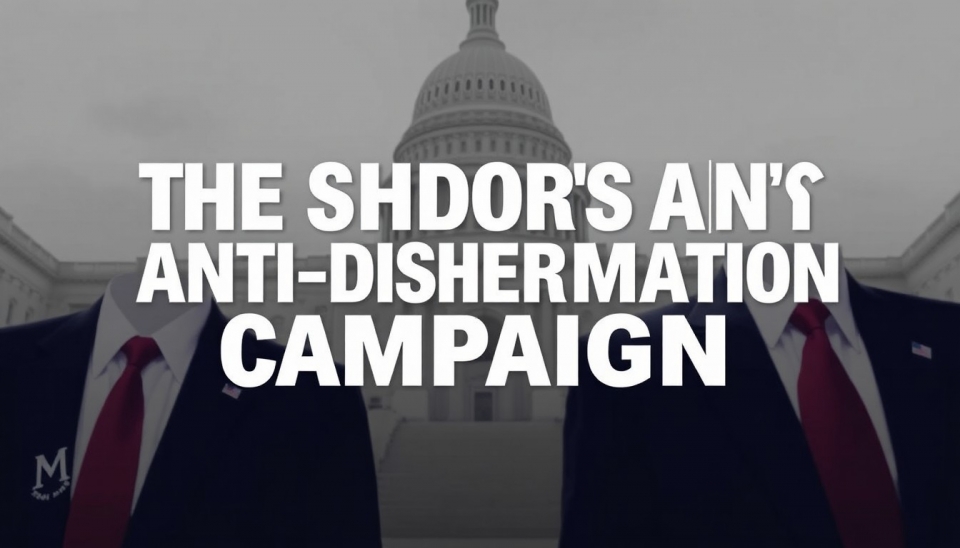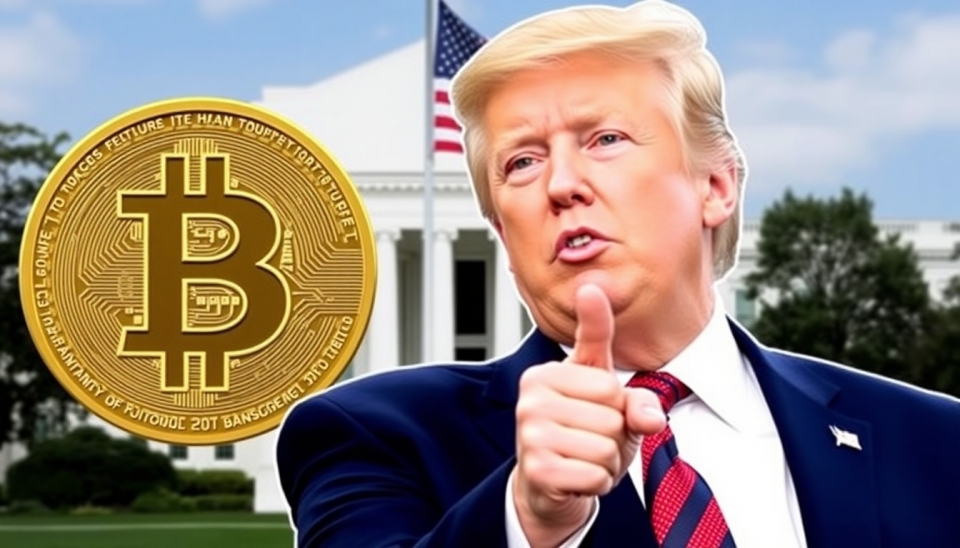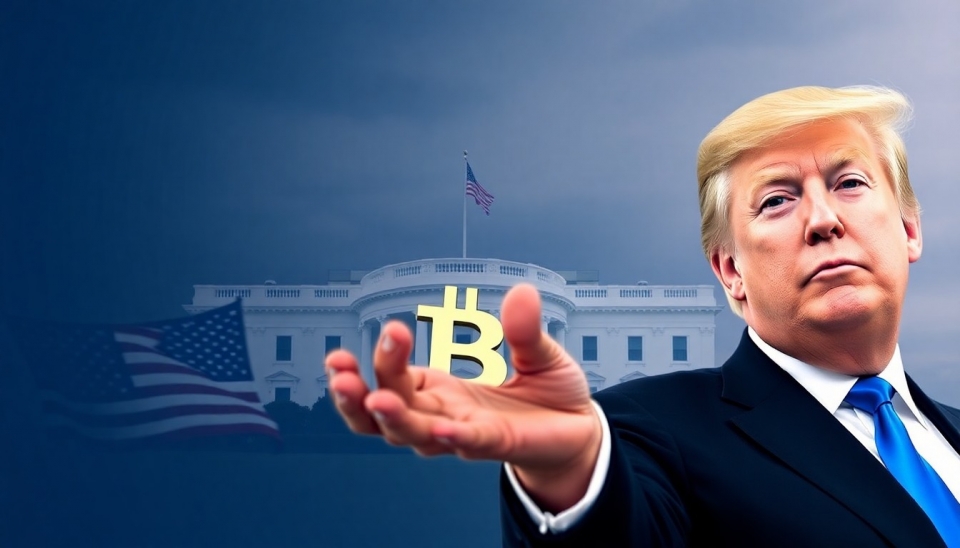
In a moment that has the potential to shift the landscape of the U.S. economy, former President Donald Trump has unveiled a bold plan to establish a U.S. Strategic Bitcoin Reserve. This move, aimed at securing America's financial future in a rapidly digitizing world, raises crucial questions about the implications of cryptocurrency on both domestic and global fronts.
The announcement comes at a time when Bitcoin and other cryptocurrencies have been gaining traction, with institutional investments rising and acceptance among mainstream consumers increasing. Trump's proposition positions the U.S. to capitalize on the burgeoning digital currency market while aiming to counterbalance the growing influence of foreign digital currencies, particularly in regards to national security and economic stability.
Under this new initiative, the U.S. would begin accumulating Bitcoin reserves, potentially mirroring the way it holds gold and other precious metals. This strategy reflects a broader recognition among policymakers that digital currencies are not just a passing trend but essential components of the financial ecosystem in the 21st century.
Experts suggest that creating a Bitcoin reserve could provide multiple benefits. Firstly, it would enable the U.S. to assert greater control over its monetary policy by leveraging digital assets. Furthermore, it could serve as a hedge against inflation, especially given recent concerns over the economic impact of government spending and monetary easing.
However, this plan does not come without its controversies and challenges. Critics argue that the instability associated with Bitcoin and other cryptocurrencies could expose the U.S. to significant financial risks. Moreover, the environmental impact of Bitcoin mining and the potential for regulatory hurdles also pose noteworthy concerns that lawmakers will need to address moving forward.
Additionally, the establishment of a Strategic Bitcoin Reserve could ignite debates over the nature of money and the role of government in financial systems. As cryptocurrencies operate outside of traditional banking networks, the foundational questions regarding their legitimacy as a currency will undoubtedly resurface.
In context, this proposal seems to aim at revitalizing Trump's support among tech-savvy voters and highlighting his forward-looking vision for America's financial system. If ratified, the Strategic Bitcoin Reserve could redefine how the U.S. engages with emerging technologies and continually evolve its approach to economic resilience.
As this story develops, stakeholders across industries, including finance, technology, and government, will be watching closely to assess the potential outcomes of this revolutionary initiative. With national security, economic independence, and innovations at stake, the conversation surrounding America's relationship with digital currencies is just beginning.
Ultimately, Trump's proposal could signal a new era for the American economy, one where digital currencies play an integral role in shaping policies and financial strategies for decades to come.
#Trump #BitcoinReserve #Cryptocurrency #Finance #USEconomy #DigitalCurrency #EconomicPolicy #NationalSecurity
Author: Sophia Reynolds
